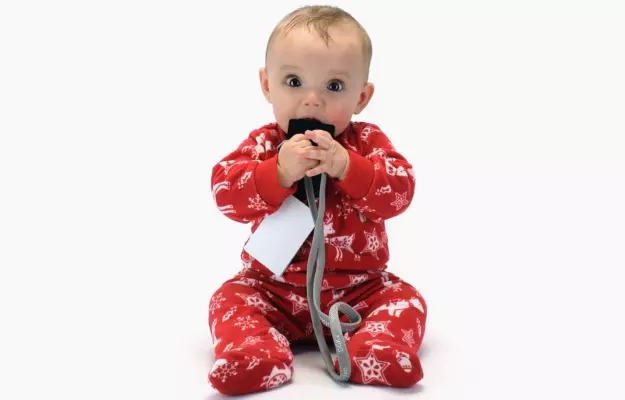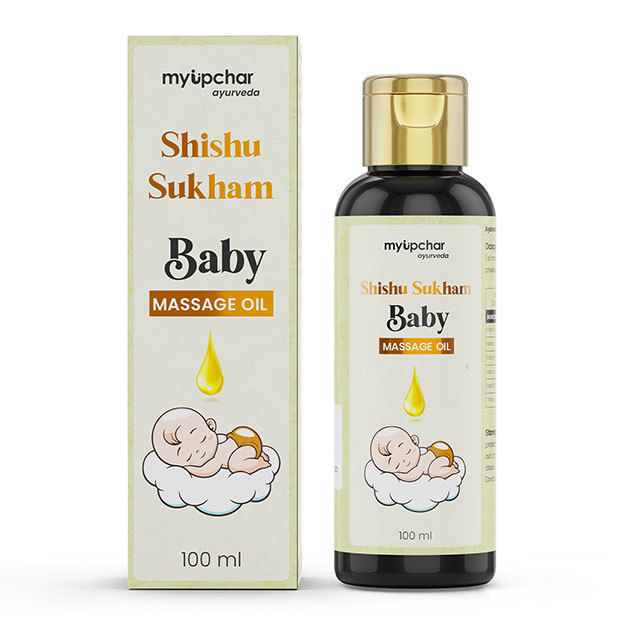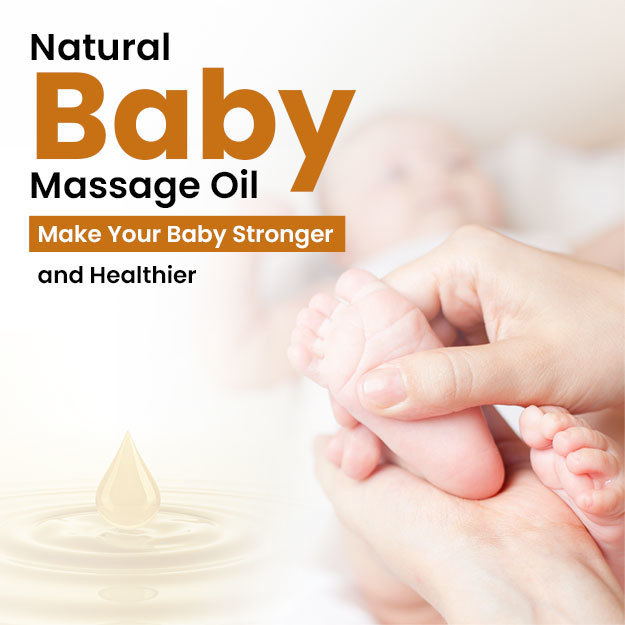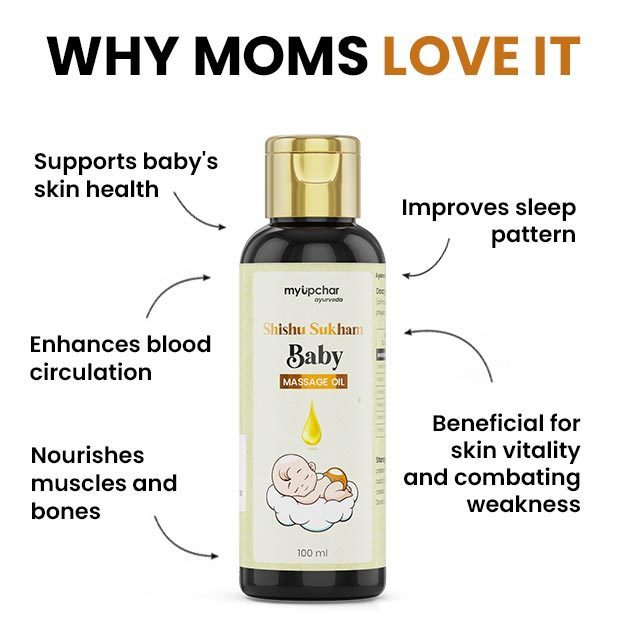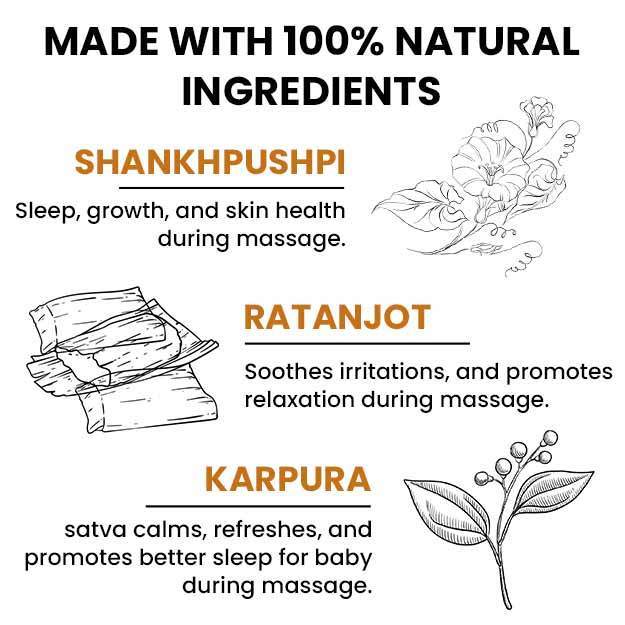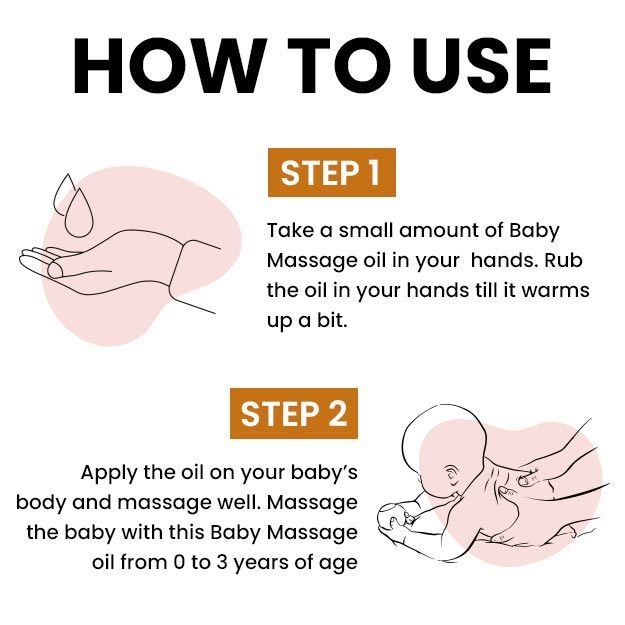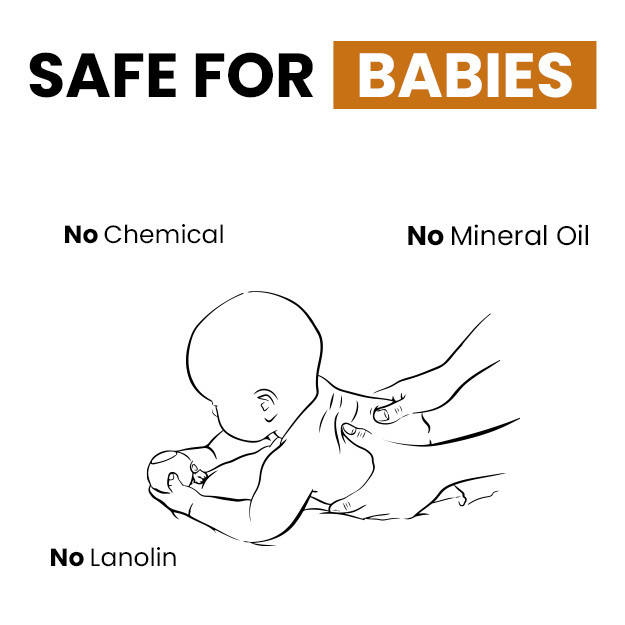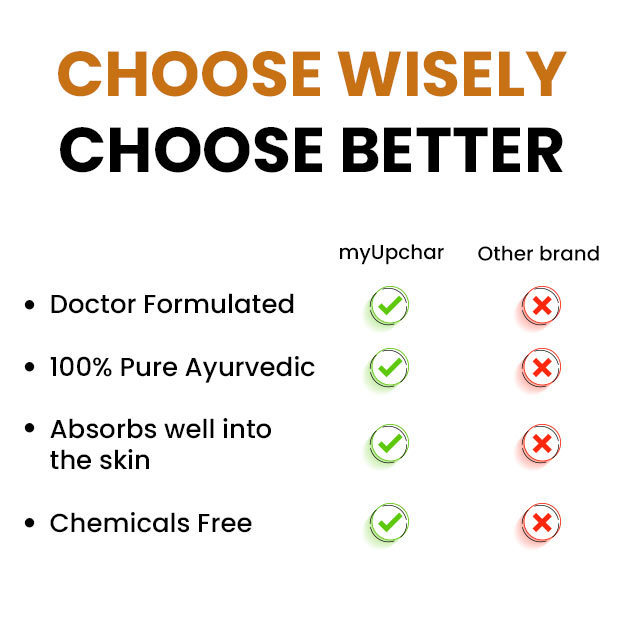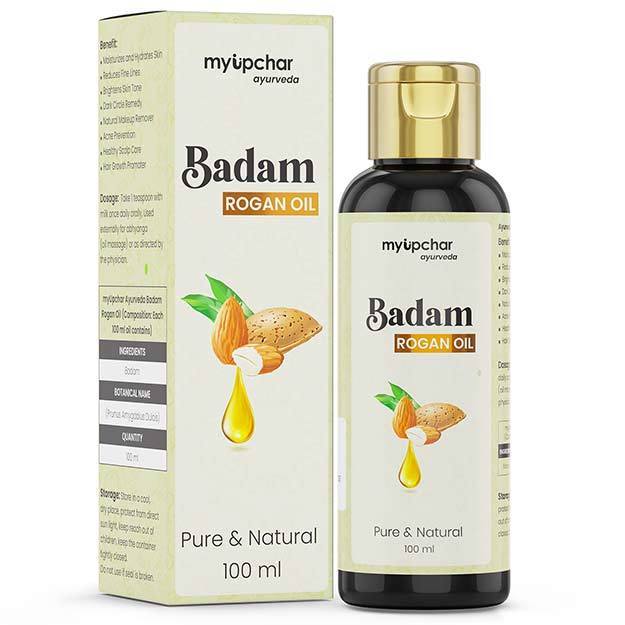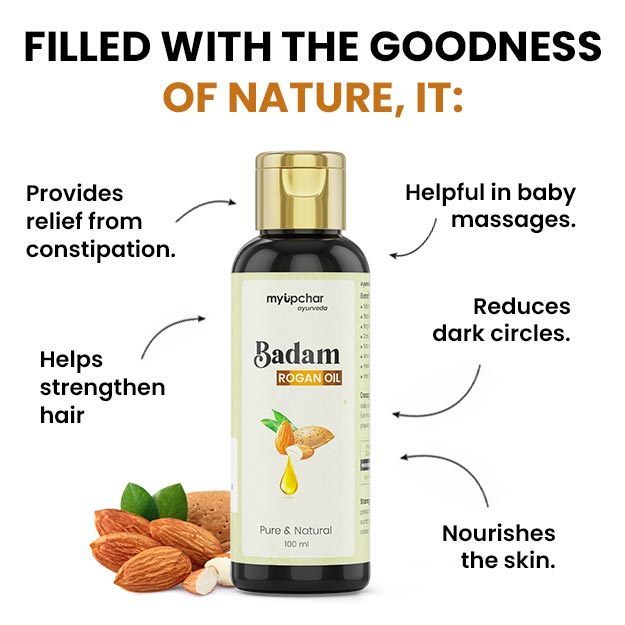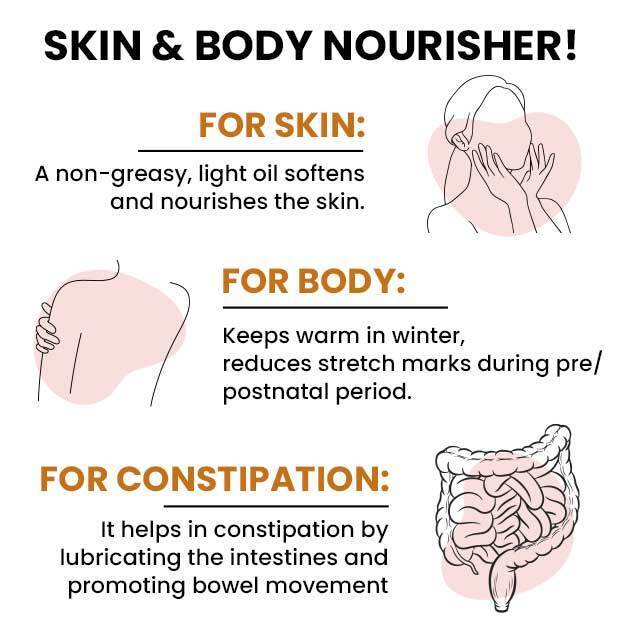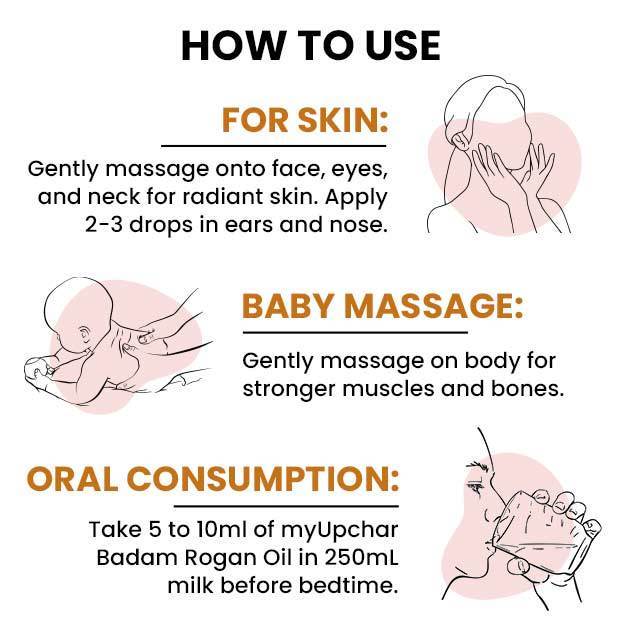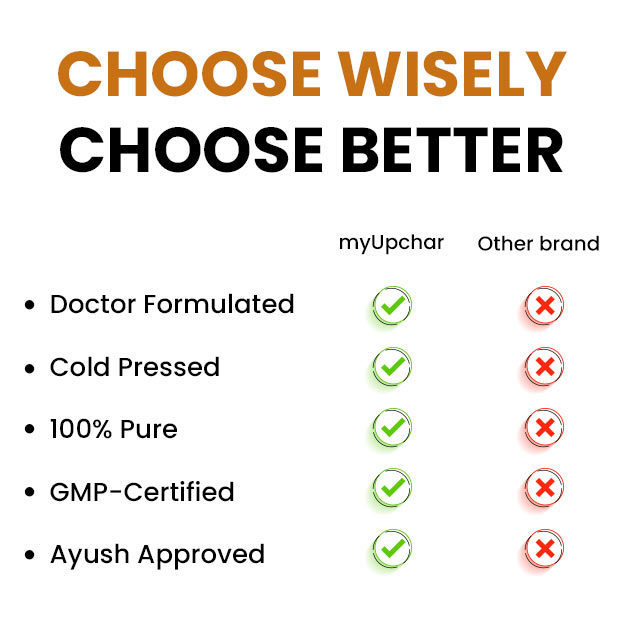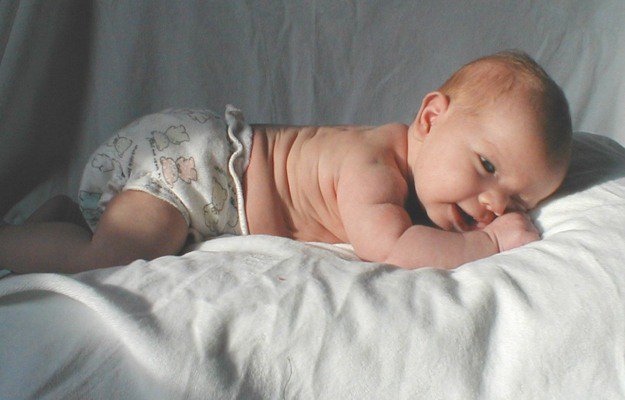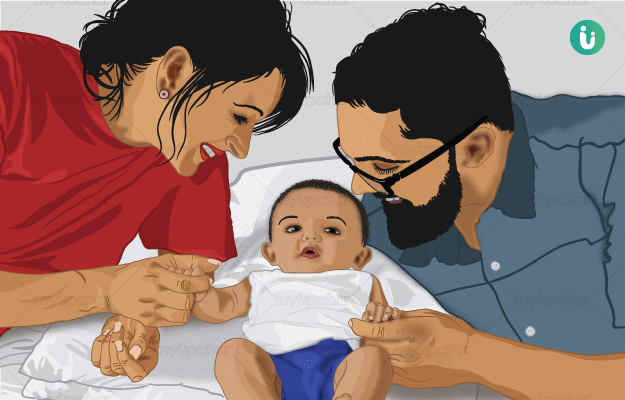"Brush twice a day" is an advice handed down to people for generations in a bid to maintain good oral hygiene. But how many know that cleaning your baby’s mouth even before teething is equally important as after?
There are many dental conditions that can be prevented if a baby’s oral hygiene is taken care of since the beginning.
Much like adults, infants also need oral care in order to prevent any dental deformities in the future. Some parents believe that a baby doesn’t require oral cleaning before their teeth erupt. But the truth is, the sugary milk that is fed to the babies leads to dental cavities in kids called baby bottle tooth decay.
Baby bottle tooth decay, also known as nursing bottle caries, is a form of tooth decay seen in children who sleep with a feeding bottle (filled with juices, milk or formula) in their mouth.
This type of tooth decay is seen in babies as young as one or two years of age. The decay is mostly seen in the upper front teeth but in severe cases, it can also spread to the lower teeth.
Initially, the cavity appears like chalky white spots on the surface of the teeth but in severe cases, you may notice brown decaying areas on the teeth as well.
If not treated, these cavities can extend up to the roots of the teeth, thus hampering the development of permanent teeth.

